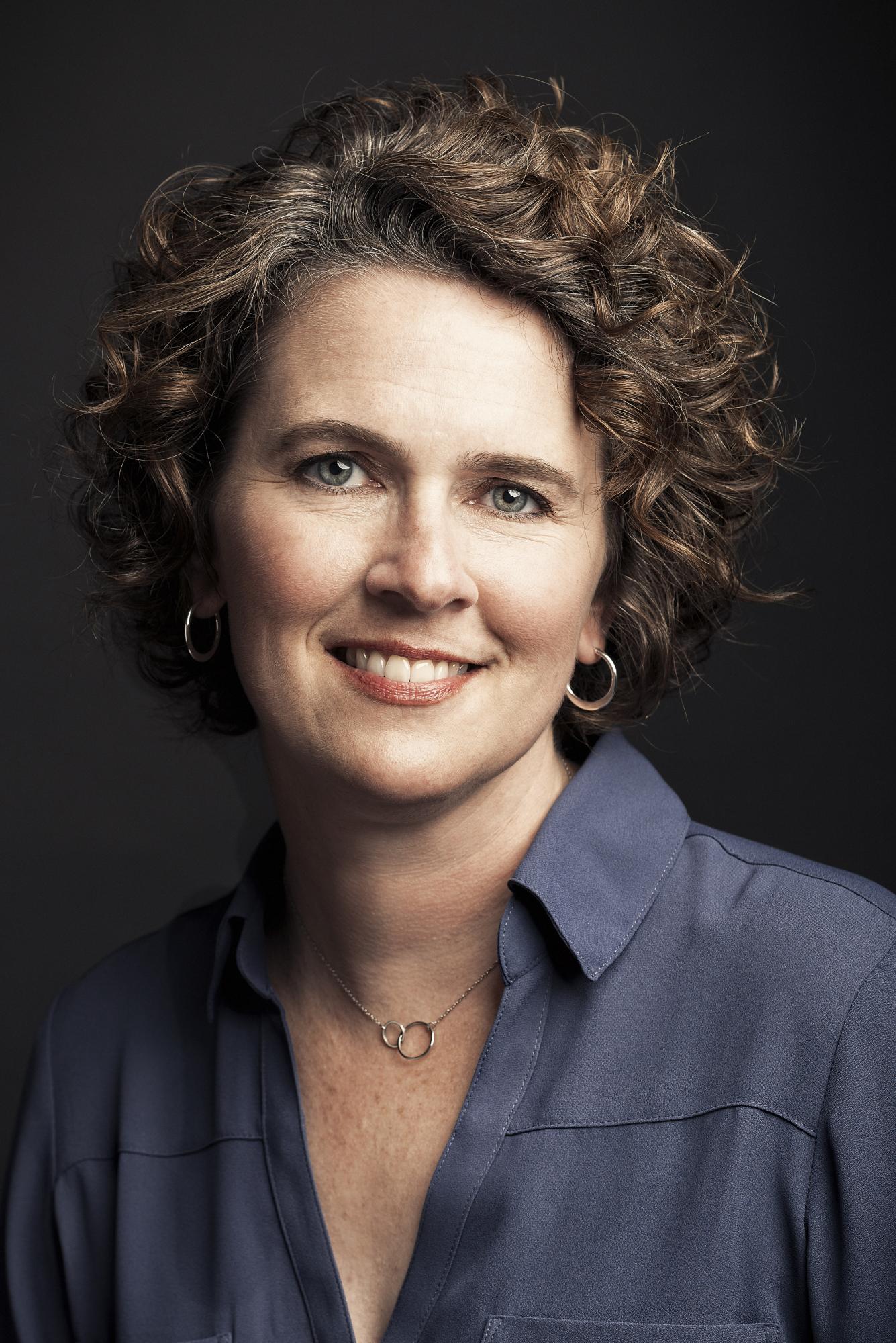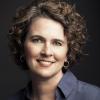Meet Teaching Artist Kali White VanBaale


Kali White VanBaale is the author of the novels The Monsters We Make (Kali White) and The Good Divide and The Space Between (Kali VanBaale). She’s the recipient of an American Book Award, an Eric Hoffer Book Award, and an Independent Publisher’s silver medal for fiction, among others. Her short stories and essays have appeared in the Coachella Review, the Chaffey Review, Midwestern Gothic, Nowhere Magazine, Poets & Writers, the Writer, the Writers’ Chronicle, and several anthologies. She’s the managing editor of the essay series Past Ten and serves as a volunteer for the PEN America Prison & Justice Writing program. Kali holds an MFA in creative writing from Vermont College of Fine Arts and is a core faculty member of the Lindenwood University MFA Creative Writing Program, where she teaches fiction, nonfiction, and literature and was named Adjunct Professor of the Year in 2022. She lives in Iowa with her family. You can find more at kaliwhite.com
To find Kali's current list of classes, visit her artist bio page.
* * *
When did you start teaching? What path—career or otherwise—brought you here?
I started teaching around the time my first novel was published, back in 2006. The first workshop I taught was just a community education class on the basics of fiction writing, but I enjoyed it so much that I started thinking about teaching more seriously. Eventually, I went back to graduate school to get my MFA and started teaching at the university level right after graduation. And I've been teaching ever since, about fifteen years now.
How would you describe your teaching style?
For this class, I would describe my teaching style as "real world." I want to give writing students pragmatic, real-world writing advice and tips to help educate them on today's publishing world, how it works, and how to possibly break into it.
When it comes to imagining and creating classes, where do your ideas come from? What in particular inspires you?
I created this class, The Business of Writing, based on all the things I wish I'd known when I first started submitting my work for publication. I learned the business side of writing in bits and pieces, through trial and error, but over time I acquired a wealth of knowledge about publishing through my years of experience. It just felt natural to create a class to share some of these insights.
What's the ideal environment for your classroom? What atmosphere are you hoping to establish?
I always hope to establish an open, collaborative class environment. Where students feel free to ask questions, to offer their own ideas and suggestions, and also end the class feeling like they've gained valuable knowledge they can practically use in their own writing career.
Regardless of what your class is specifically focusing on, what's the main goal you have for your students?
My main goal is always for students to learn and gain confidence. Whether it's something about the craft of writing or about the business side of publishing, the more we know, the more confident we feel in our creative pursuits.
What are goals you have for yourself? These could be teaching goals, writing goals, career goals, community goals, etc.
Last year a film producer acquired the rights to my third novel for a potential limited series and I've been slowly working on a pilot episode script. My big goal right now is to finish the script and get it accepted by the producer. But it's been slow going!
What have been some of your own favorite educational experiences?
My favorite professor in graduate school was a writer named David Jauss. His endless well of knowledge about craft and literature, his teaching style, and his genuine interest in his students left an indelible impression on me. I worked with him on my graduate thesis and lecture and still use many of his wise notes in my own teaching to this day.
To you personally, what is the most important part of the literary arts?
For me, the most important part of the literary arts are the artists themselves. Without writers, there would be no literary arts!
